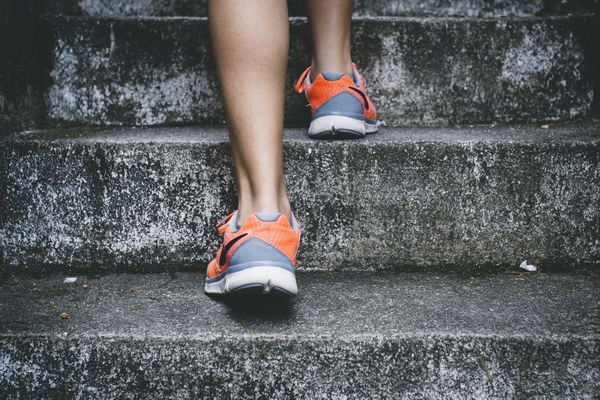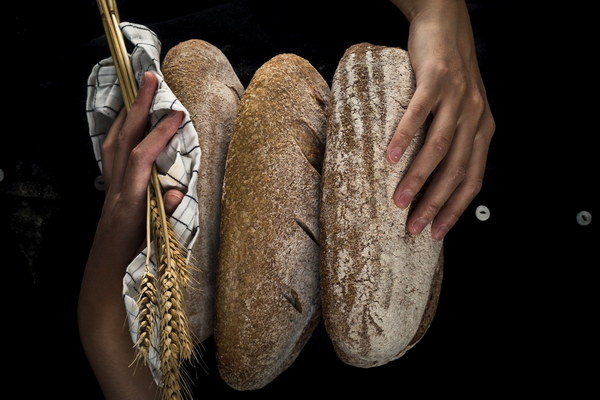Revolutionizing Education Embracing the Konnichiwa Method for Holistic Well-being
In the rapidly evolving landscape of education, there is an increasing demand for innovative teaching methodologies that cater to the holistic well-being of students. The Konnichiwa Method, inspired by the Japanese concept of well-being through harmony, offers a fresh approach to teaching that emphasizes the integration of physical, mental, and emotional health into the learning process. This article delves into the essence of the Konnichiwa Method and explores its potential to revolutionize education.
The Konnichiwa Method: A Brief Overview

The Konnichiwa Method is a comprehensive educational approach that integrates the principles of well-being with traditional teaching practices. It emphasizes the importance of fostering a harmonious environment where students can thrive both academically and personally. This method is rooted in the belief that a balanced life is essential for optimal learning and development.
Key Components of the Konnichiwa Method
1. Mindfulness and Meditation: The Konnichiwa Method encourages students to practice mindfulness and meditation to cultivate self-awareness, focus, and emotional regulation. By incorporating these practices into the daily routine, students can enhance their concentration and reduce stress levels, ultimately leading to improved academic performance.
2. Physical Activity: Physical exercise is a cornerstone of the Konnichiwa Method. Regular physical activity not only promotes good health but also improves cognitive function and boosts mood. Activities such as yoga, tai chi, and group sports are incorporated into the curriculum to ensure that students remain physically fit and engaged.
3. Emotional Intelligence: The Konnichiwa Method places a strong emphasis on emotional intelligence, teaching students how to recognize, understand, and manage their emotions effectively. By developing emotional intelligence, students can build stronger relationships with peers and teachers, fostering a supportive and inclusive learning environment.
4. Personalized Learning: Recognizing that each student is unique, the Konnichiwa Method emphasizes personalized learning experiences. Teachers are encouraged to adapt their teaching strategies to cater to the diverse needs of their students, ensuring that every child feels valued and supported.
5. Cultural Competence: The Konnichiwa Method promotes cultural competence by incorporating diverse perspectives into the curriculum. Students are encouraged to explore and appreciate different cultures, fostering empathy and open-mindedness.
The Impact of the Konnichiwa Method on Education
1. Enhanced Academic Performance: By addressing the holistic well-being of students, the Konnichiwa Method has been shown to improve academic performance. Students who practice mindfulness, engage in regular physical activity, and develop emotional intelligence are more likely to achieve higher grades and demonstrate better learning outcomes.
2. Reduced Stress and Anxiety: The Konnichiwa Method helps students develop coping mechanisms for stress and anxiety, leading to a more relaxed and enjoyable learning experience. As a result, students are better equipped to handle the pressures of school and life.
3. Increased Engagement and Motivation: By fostering a supportive and inclusive learning environment, the Konnichiwa Method encourages students to become more engaged and motivated in their education. Students who feel valued and supported are more likely to take an active role in their learning.
4. Improved Social Skills: The Konnichiwa Method's emphasis on emotional intelligence and cultural competence helps students develop strong social skills. By fostering empathy and open-mindedness, students are better equipped to build and maintain positive relationships with peers and adults.
Conclusion
The Konnichiwa Method offers a promising approach to education that prioritizes the holistic well-being of students. By incorporating mindfulness, physical activity, emotional intelligence, personalized learning, and cultural competence into the curriculum, this innovative teaching methodology has the potential to revolutionize the way we educate our youth. As educators and policymakers continue to seek new ways to improve the quality of education, the Konnichiwa Method may serve as a valuable blueprint for fostering a well-rounded and successful generation of students.









